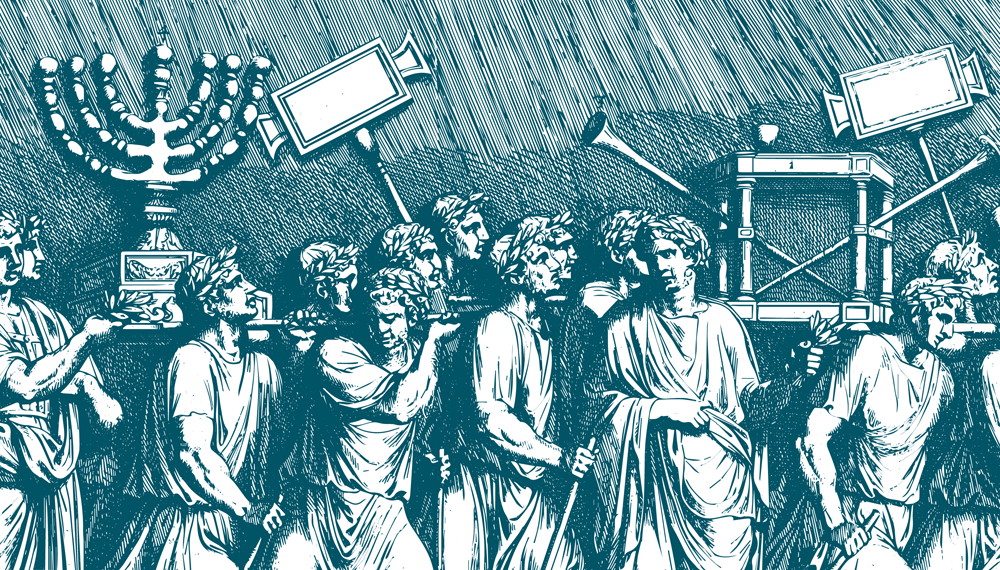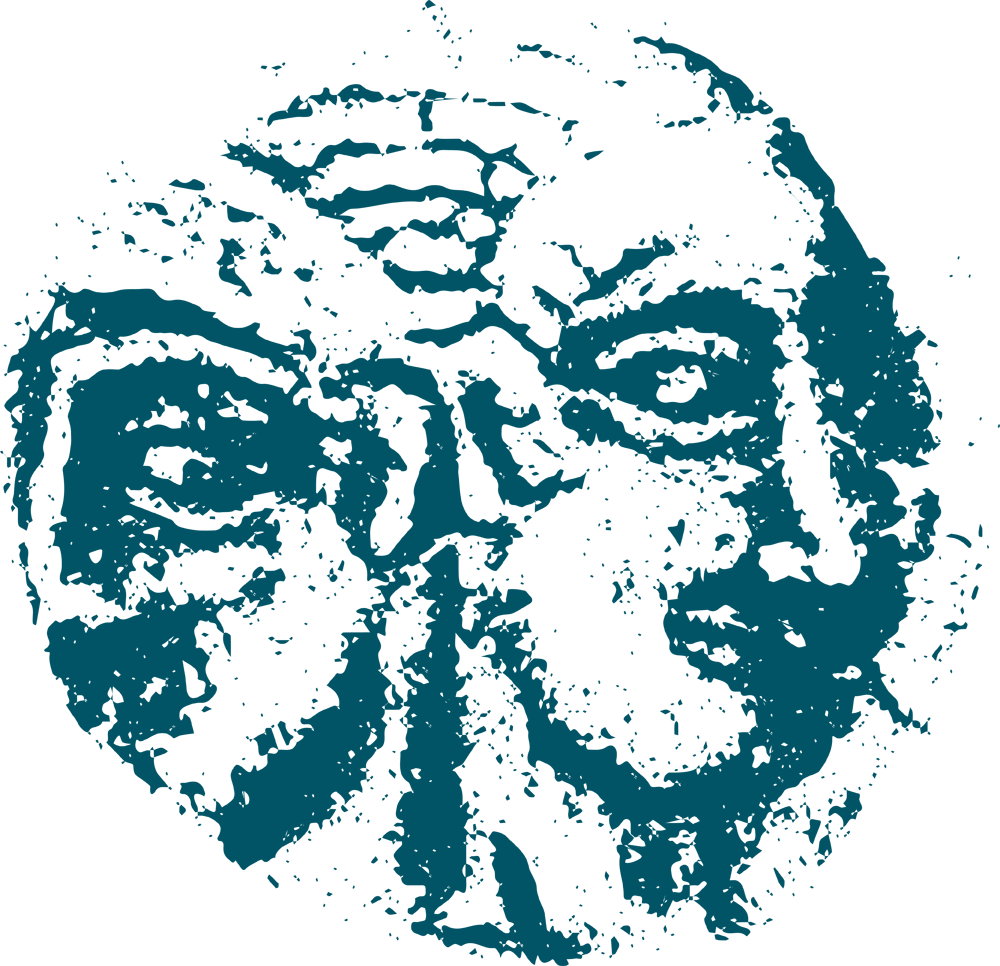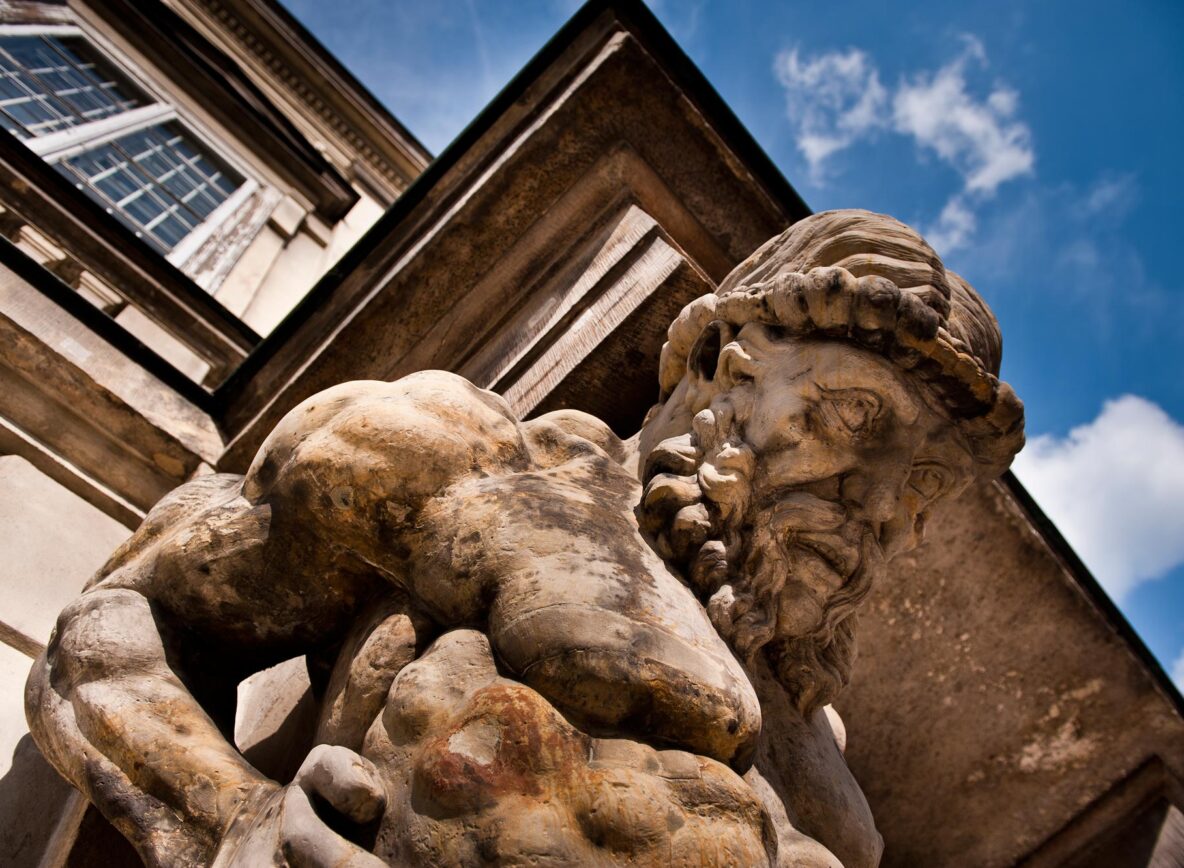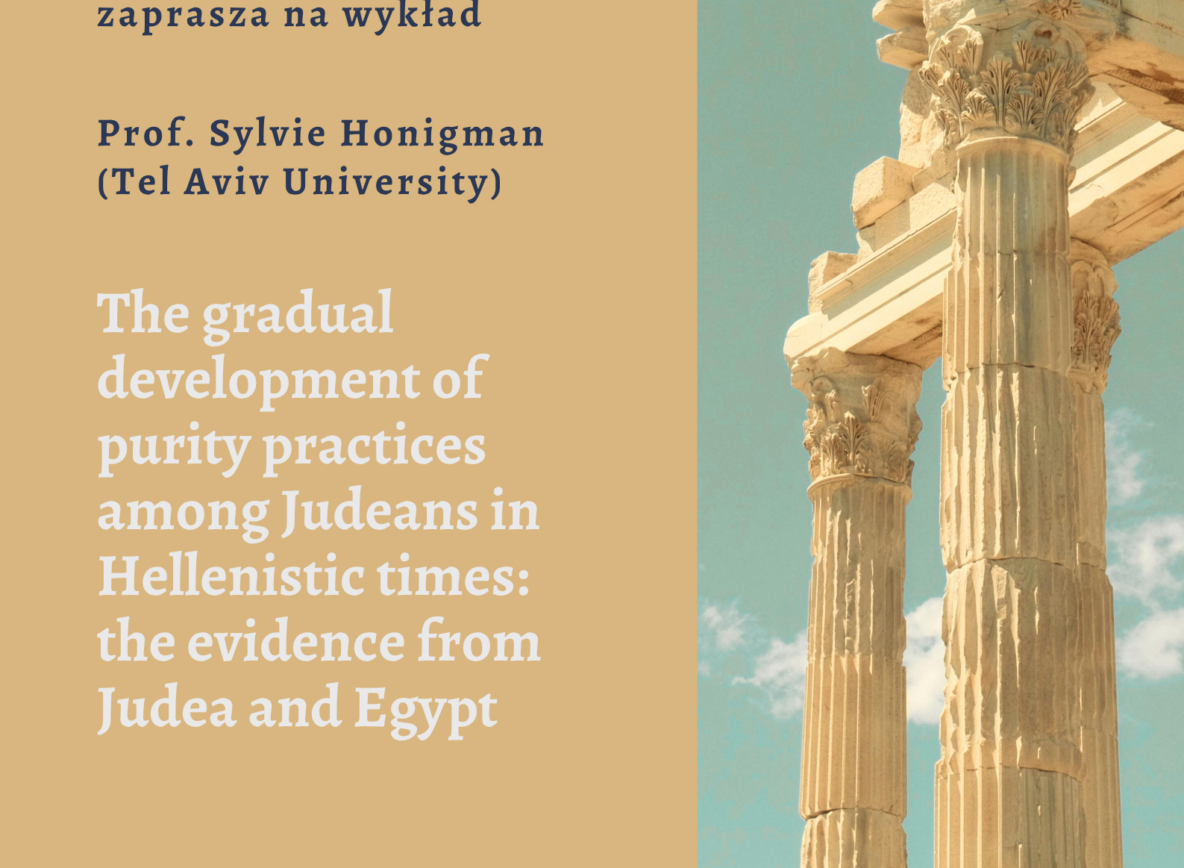The Dawn of Monotheism? Judean Religion(s) in the Persian and Early Hellenistic Period (5th-3rd cent. BCE) in Light of Iconographic, Epigraphic and Biblical Sources

Project

This project seeks to map the religious-historical landscape of Israel/Palestine in the Persian and early Hellenistic periods. It challenges the prevailing notion that Judean religion evolved in a simple linear way, progressing from polytheism, through monolatry, and ultimately monotheism in the post-exilic period, since this perspective is largely dependent on the biblical account and treats religious-historical processes as isolated and static phenomena. Instead, the project strikes a careful balance between biblical and extra-biblical sources, which demand critical evaluation in their own right, by using their specific methodologies and keeping their source-related problems or questions in minds.
It highlights the importance of iconography and especially religious symbols, as well as a variety of non-biblical texts (e.g., inscriptions, cuneiform tablets, papyri, ostraca), as independent sources of knowledge. This evidence is approached on the local level and also in terms of cultural contact, i.e., “foreign” influences (e.g., Persian, Egyptian, Greek), in order to detect processes of cross-cultural interaction that potentially impacted early and regionally diverse Yahwisms. Afterwards, it is possible to see how the biblical texts fit into this religious-historical picture, also by presenting new readings of this material.
The project is carried out by two research teams at the University of Warsaw and the University of Graz, under the supervision of the historian Łukasz Niesiołowski-Spanò and the biblical scholar Katharina Pyschny respectively. The teams are working on selected textual (Warsaw: written biblical and non-biblical sources) and visual evidence (Graz: figurines, seals, coins). This international and interdisciplinary collaboration proposes new methodologies for combining biblical, iconographic, and epigraphic perspectives, thus redirecting the course of research on so-called Second Temple studies.
News

Warsaw conference (dec. 11-13…

Giorgio Campi’s lecture…
